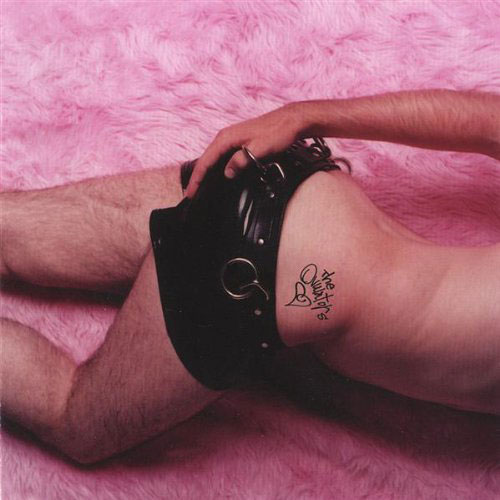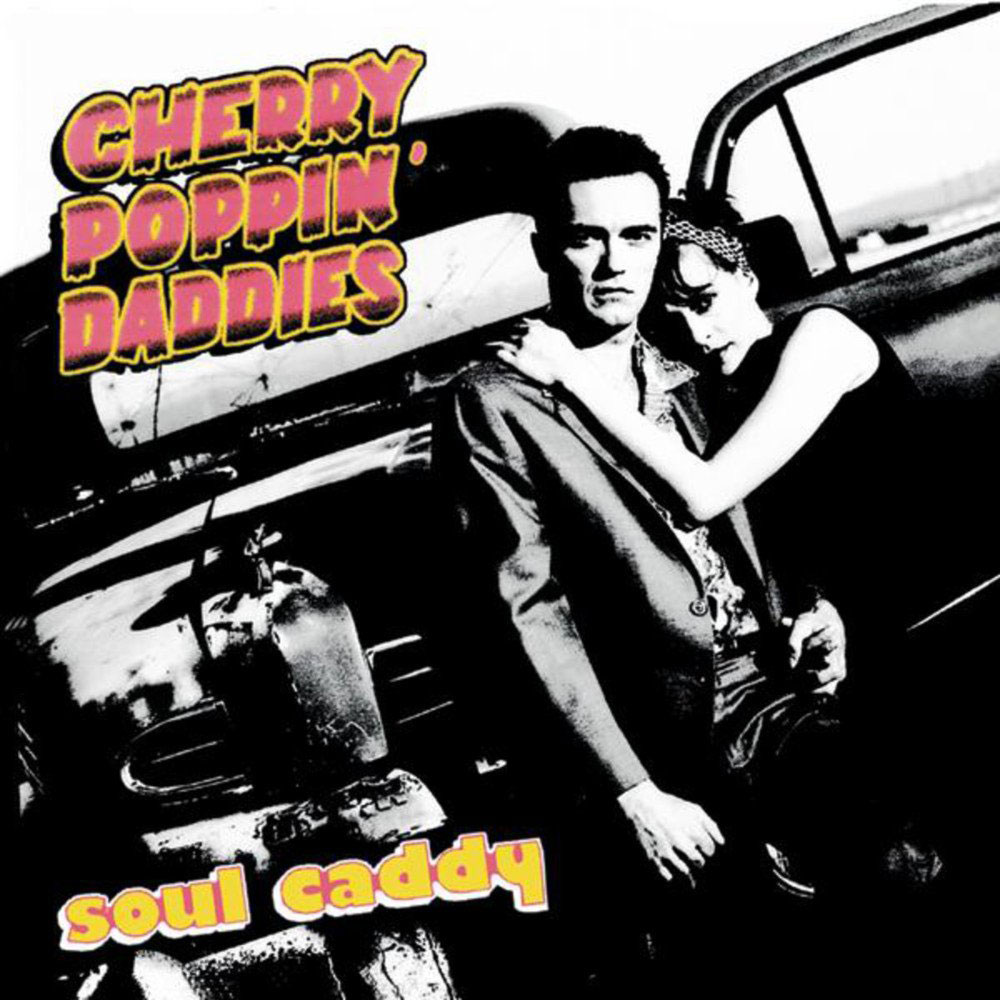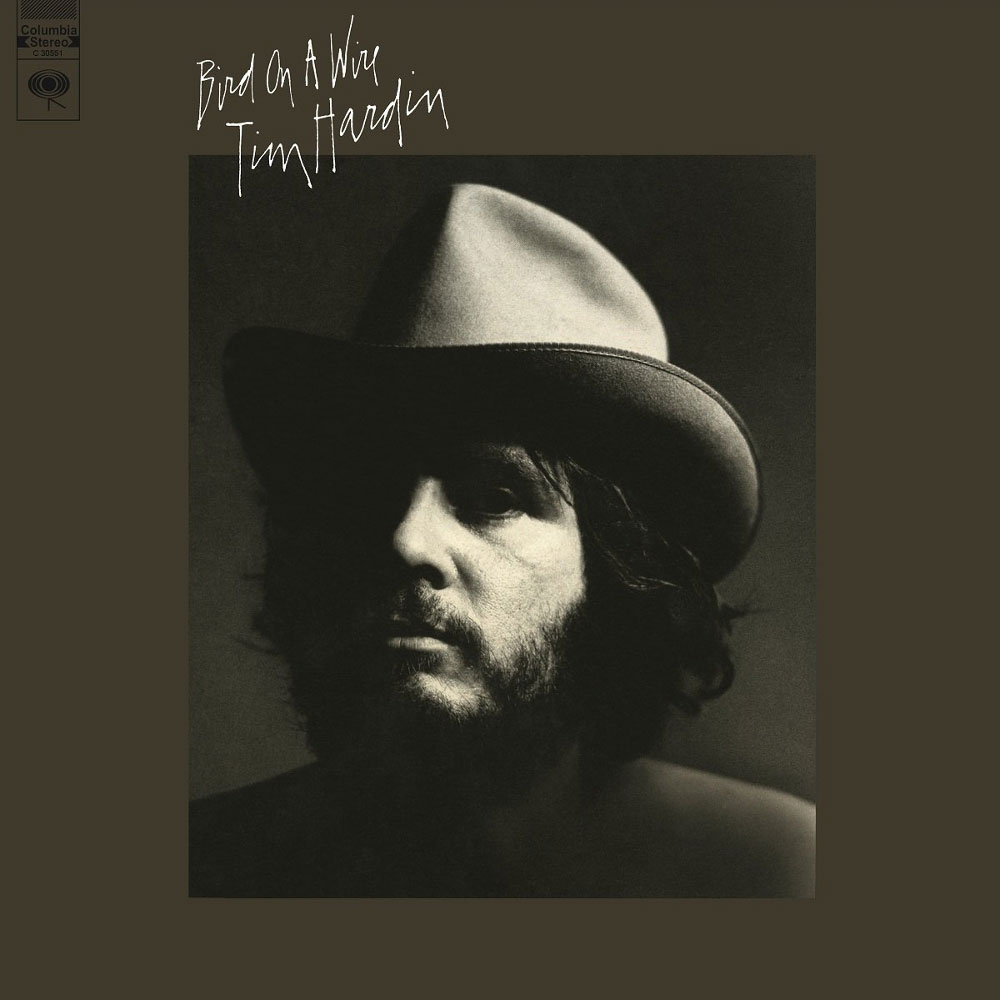
Weed is to music as a shovel is to soil. When you’re high, you uncover that bass line or fluttering synth in the background, you can suddenly feel the heart in the singer’s voice, the scope of your favorite band’s catalogue slaps you in the face. All of a sudden it makes perfect sense.
Keeping with Eugene Weekly’s policy of “local and vocal,” here are a few songs that are ripe to blaze to and are crafted by some of Eugene’s most prolific songwriters — whether they’ve enjoyed a long and storied career or they simply gifted us a great album then dissipated as quick as they came.
Japanese Breakfast
“Diving Woman”
Michelle Zauner, better known by her stage name Japanese Breakfast, makes soft sounds for the indie stoner. She grew up performing acoustic tracks at the WOW Hall, and now she performs her artsy pop around the world and racks up awards as an essayist.
In writing music, her pen is tigerish but sensitive, her guitar can wail but it can also scratch — she had a stint in the emo band Little Big League, after all. “Diving Woman,” the opener off her second album, the space cruising Soft Sounds From Another Planet, sees Zauner in both spheres.
It opens with an organically oscillating synth, your cue to light the joint. Her voice glissades down the wavy guitar. Synths flutter by like meteoroids. Her electric guitar bawls by the time she gets to the crux of the track: “I want it all,” she repeats without apology. It’s the start of a trip.
The Ovulators
“Movie”
Lightning from the all-girl moody rock trio The Ovulators struck the local music scene in the early 2000s (they were highly praised by EW). They swerved between indie, punk and grunge, their shows indulged in ultra-glam hair flips and fairy costumes and they basked in the angsty catharsis we all craved around that time.
In this single off their debut album, the group ventures down the road of existential confusion and communicative dissonance. The charmingly 2000s music video on YouTube, in all its 240p graininess, enacts what Eugeneans still do today: an afternoon stroll in Whiteaker while probably a little high.
The track’s gnawing guitar and soul-marinating “ooh aah’s” make it worthy of putting it on repeat and sizzling to its notion of being blissfully in the moment. The vocalists (guitarists Kelani Larsen and Tina Sarno and bassist Dori Prange are all liable to lead the way, so it’s hard to tell who’s doing it here) let their minds roam and capture an element of that stoner Dudist nihilism in the chorus: “I’m not in a rush.”
Cherry Poppin’ Daddies
“Grand Mal”
2000’s Soul Caddy is hardly the most popular or best-received album in Eugene’s far-and-away most prolific band Cherry Poppin’ Daddies’ catalogue. Everybody knows that. But are you really gonna chairmelt to Zoot Suit Riot? You can still refer to your joint as a jazz cigarette if you want to, though.
“Grand Mal” encapsulates their brief but notable foray into psychedelic and alt rock. It’s got a bass line straight out of Nevermind, a guitar lead that you’ve heard a million times on 2000s alt radio, a high frequency synth line that bites the ear like a Country Joe & The Fish hit and baroque guitar strums that could be mistaken for something off of George Harrison’s All Things Must Pass. If that isn’t the ideal audible cocktail for intergenerational stoners, I can’t help you.
Steve Perry can, though. “Where am I going?/ Makes no difference to me,” he repeats. He’s a drifter taking both hugs and punches as he goes. It’s lines like, “Like a circus ride, spinnin’ around/ I’m a careless boy/ But now I feel alright/ To let go and just hang around,” and “I will let nothing disturb this peace,” that make this a quintessential stoner jam.
Tim Hardin
“Soft Summer Breeze”
OK, so ’60s folk singer-songwriter Tim Hardin didn’t hit it big in the Emerald City, but he was born here and attended South Eugene High School before enlisting in the U.S. Marine Corps. In New York City, after being discharged, he rose to become one of touching and versatile troubadours of his era — now, sadly, he’s become one of the most forgotten.
Perhaps his greatest achievement was his 1971 album Bird On a Wire, which featured mostly tracks that Hardin reinterpreted using a heartfelt, cloudy touch. “Soft Summer Breeze,” is an original, and a peculiar one considering the bulk of Hardin’s creative output — it’s funky and bluesy. It’s the music smoke dances to as it rises.


